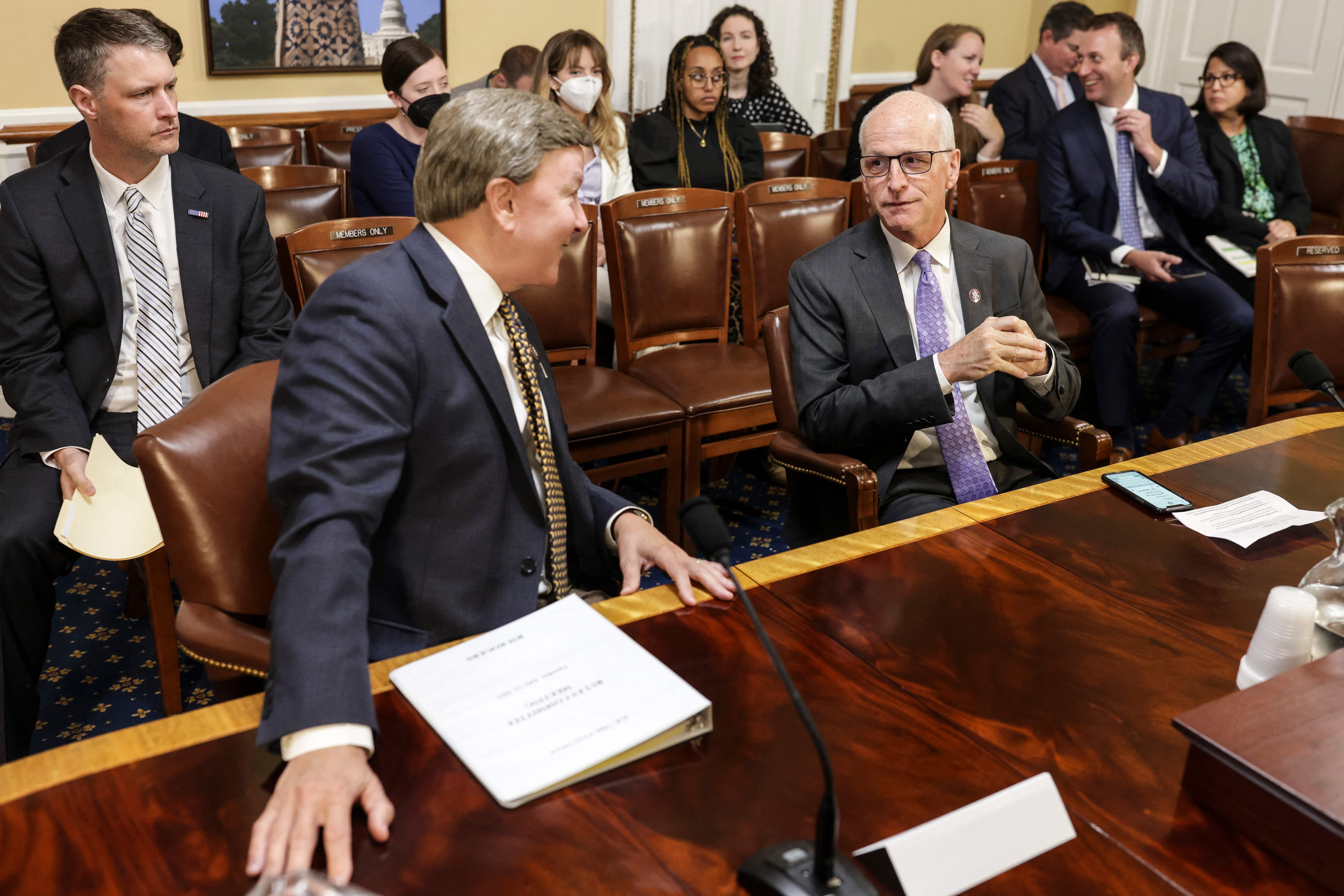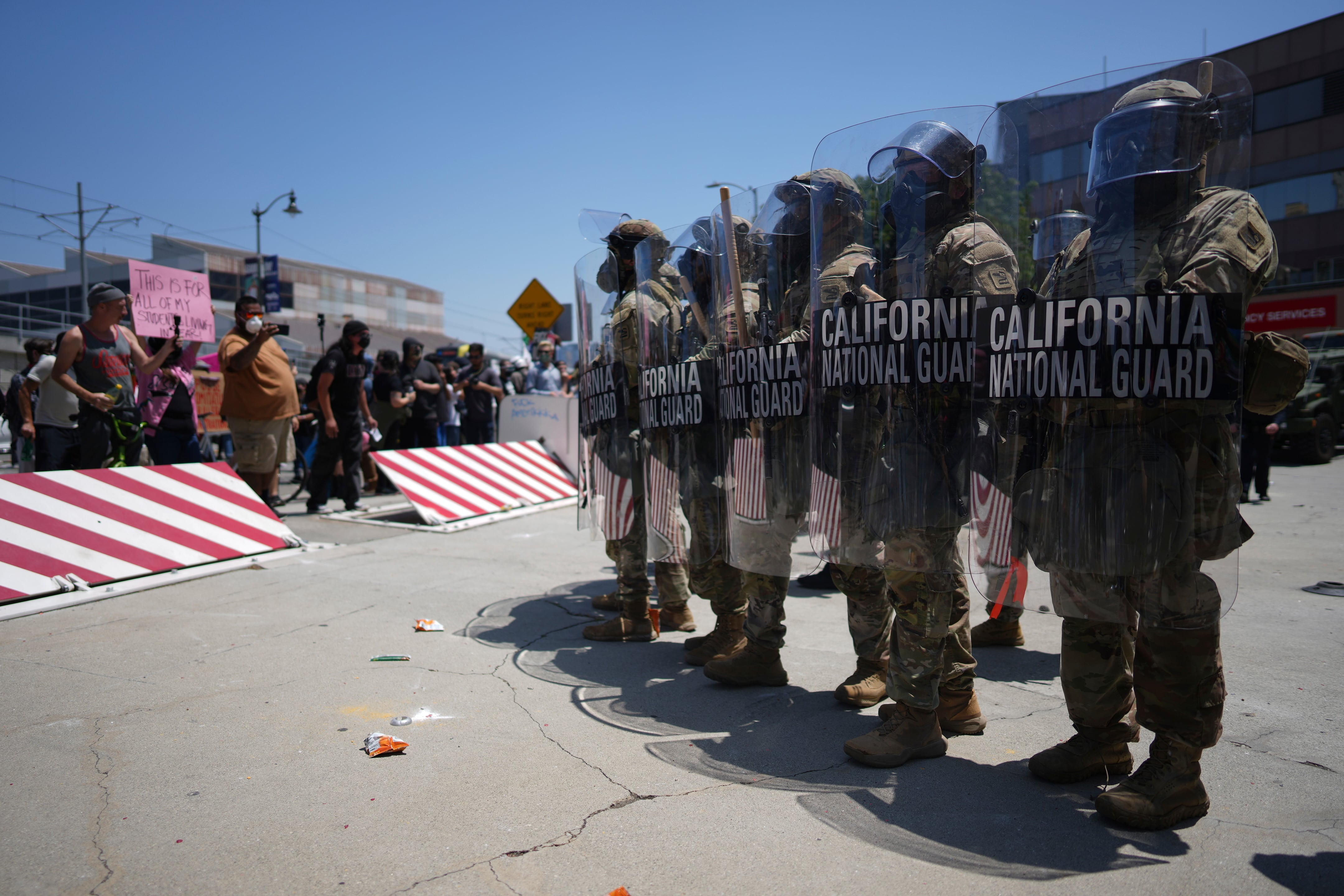Editor's note: This is the fifth in a series of stories detailing valor awards for service members whose heroism was overlooked at the outset; whose awards were lost, or never received by family members; or whose actions otherwise fell victim to some type of oversight. For more stories of heroism, past and present, visit our searchable Hall of Valor database; the hall's curator, Doug Sterner, assisted in story selection and research.
The man: Navy Lt. j.g. Victor LaVerne Miller
The moment: A pilot with Bombing Squadron 13 aboard the aircraft carrier Franklin, Miller's heroism came during the Battle of Leyte Gulf in October 1944, which nearly wiped out the Japanese surface fleet.
Engaging an enemy task force, Miller "boldly and skillfully maneuvered his craft to score a direct hit upon a Japanese aircraft carrier, contributing materially to its sinking," according to his Navy Cross citation. The citation credits Miller's "outstanding courage and inspiring leadership" during the battle, along with "brilliant airmanship" and "daring initiative."
And when his daughter sought out the citation, and proof of her father's accomplishments, it took her nearly a year to get his records.
The medal: Because Miller had earned the Navy Cross, he was eligible for burial in Arlington National Cemetery. He died in 1985 and donated his body to science, his daughter Jan Girando said; more than two decades later, she began searching for how she could arrange an Arlington memorial.
"It was so darn hard, because you didn't know the vocabulary," said Girando, who found herself in a world of DD-214 requests and military bureaucrat-ese.
"At some point, somebody said to me, 'I think you need to contact the Navy Yard.' And I thought, 'The Navy Yard … is that, like a yard? Where is it? Can I go to it? I sounded like an imbecile, but it was a vocabulary and a world in which I had zero knowledge."
Arlington wouldn't process the burial without the proper paperwork, nearly all of which had been lost or never in Miller's possession in the first place. Girando eventually found the Hall of Valor online, and curator Doug Sterner shared materials from his online database with cemetery officials to move the process forward.
Still, about four months after Arlington had ordered the grave marker, Girando received a letter from the National Personnel Records Center in St. Louis that no DD-214 form was forthcoming, as officials told her they "could not verify that your father actually saw active service."
"I'm just disregarding that, because St. Louis is nutty, and they had the [1973 records] fire, and nobody knows what's going on," she recalled thinking.
The memorial took place in July 2007. What Girando assumed would be a small affair ended up including 34 family members from eight states. Two months later, the Navy sent her Miller's Navy Cross certificate along with a letter outlining his other awards, including two Air Medals.
Key quote: Girando has pushed for a Pentagon-maintained, searchable awards database to alleviate problems similar to hers — letters from her were part of Sterner's testimony to Congress on the matter.
"I felt like I owed Doug, and still owe Doug, an enormous debt," she said. "Had it not been for him, we perhaps would've gotten it done, but it would've taken way longer, and it just wouldn't have been the same."
Kevin Lilley is the features editor of Military Times.










